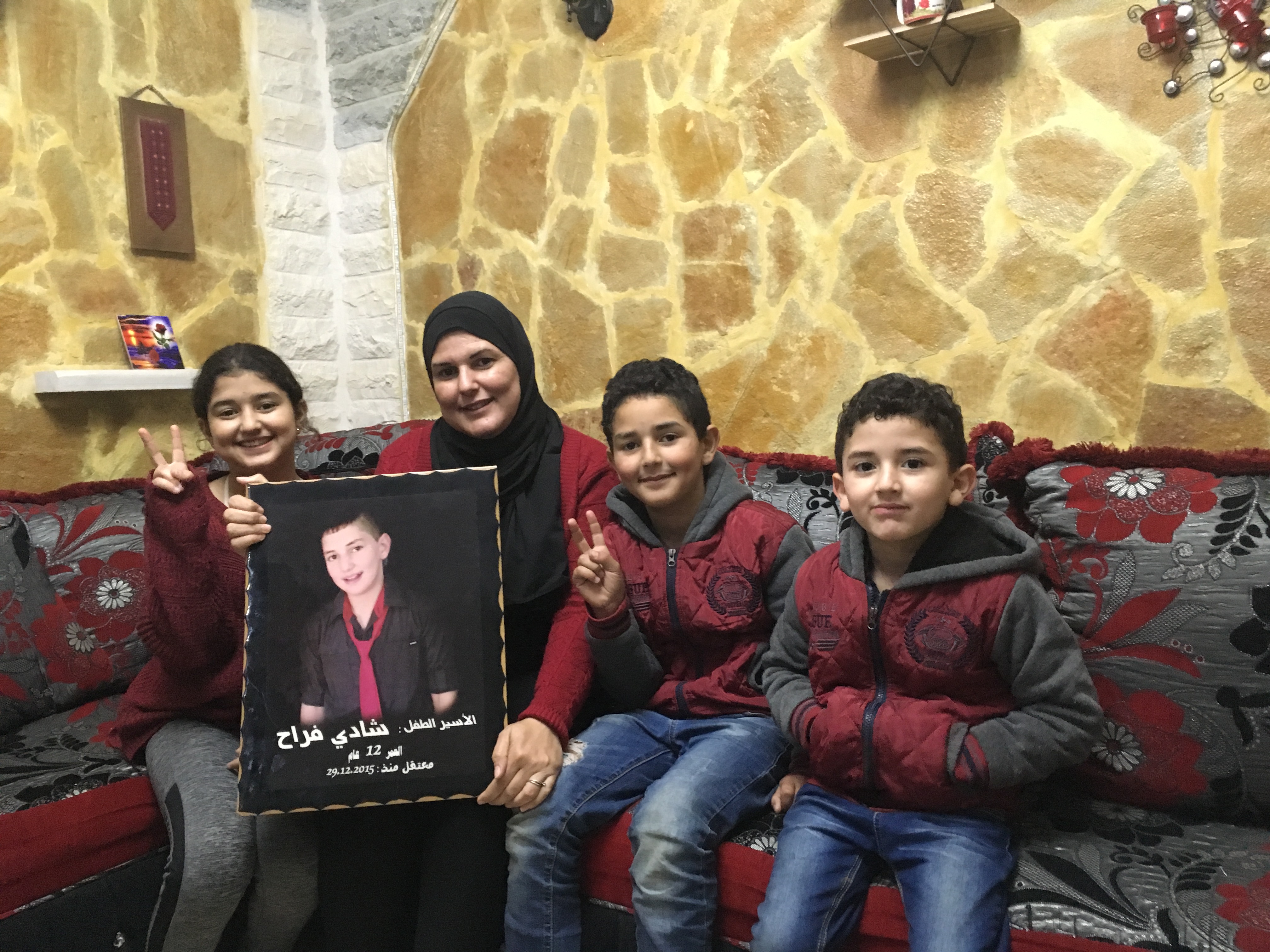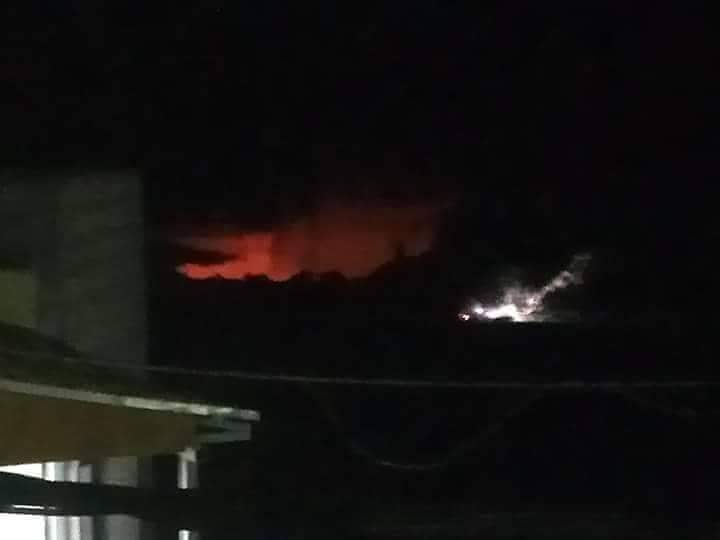Tag: Interview
-
Farihan Farah’s painful separation from her son is nothing new for Palestinian mothers
22nd November 2018 | International Solidarity Movement, Ramallah team | Kafr Aqab, occupied Palestine Nearly three years after being locked up in a detention center in Northern Israel, Shadi Farah, currently the youngest child imprisoned by Israel, is finally going home. “I feel that this month has been the longest month of my life.” Farihan Farah…
-
Interview: ISM speaks to Hakima Motlaq about a recent soldier and settler attack on the village of Asira
26th August 2018 | International Solidarity Movement, interview by Mariana | Asira al-Qibliya, occupied Palestine Asira al-Qibliya is a village near Nablus that has been terrorised by the illegal Ytzhar settlement since 1982. In any moment of the day or night, settlers can arrive in the village and make violent incursions against the people or damage…
-
‘Our kites fly over the invisible borders and reach what we cannot’: ISM speaks to Yasmeen Najjar at the annual kite festival in Burin
29th June 2018 | International Solidarity Movement, Al-Khalil team | Burin, occupied Nablus Burin is a small village located seven kilometres to the southwest of Nablus in the occupied West Bank, and is home to around 3000 people. The village is surrounded by multiple illegal Israeli settlements, and is subjected to constant violent settler attacks…



